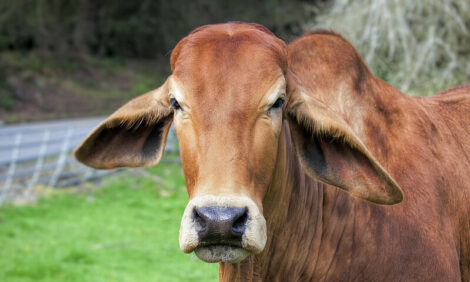



Govt Invests $7m into Dairy Farming Productivity
NEW ZEALAND - New Zealand's dairy cattle population has hit 5 million, the maximum that's practical to farm in this country.According to Newshub, experts say that means farmers' incomes will be reliant on getting the cows they do have to produce more milk through selective breeding.
Now the Government's given a $7 million to boost world-leading dairy industry genetic research.
Preserved in vats of liquid nitrogen is the bull semen that produces about 80 percent of the cattle in New Zealand's dairy herd, with hundreds of straws collected by scientists at agri-tech company LIC.
Now that the country's cattle population has hit a ceiling, the experts are trying to find a way to get more milk out of fewer cows.
Richard Spelman, LIC chief scientist, says the number of cows will either be stabilised at 5 million or reduce further.
"Therefore it becomes even more important for productivity improvements rather than cow growth to generate future income for farmers."
The Government investment will let the company use expertise from the University of Auckland and Massey University to speed up its genetic improvement, which is currently worth about $300 million a year to farmers.
Mr Spelman says the new technology will generate an extra $30 to $60 million a year.
The genetic mapping will include pinpointing rare recessive genes that cause illness and disease, as well as identifying DNA associated with good milk production.
Russell Snell, University of Auckland geneticist, says they have the ability to select for positive traits and deselect for traits that may have animal health issues.
Mr Snell says the genetic selection could result in smaller, more efficient herds.
"Up until this point it's been about expanding the herds and maximising production by expanding the number of cows. But you could see a situation where you have fewer cows and you're producing more milk solids, fat and proteins from a smaller number of animals."
As well as upping profits, genetic selection could help with the environmental problems the industry faces.
Bruce Thorrold, strategy and investment leader at DairyNZ, says down the track it would like to see cows with less diseases as well as cows that are more productive, cows that emit less methane and cows that emit less nitrogen.
The benefits of the work might go beyond the farm; scientists hope the knowledge they gain on genetic variations in cattle could contribute to pinpointing what genetic processes cause human diseases like Alzheimer's and Parkinson's.
TheCattleSite News Desk


